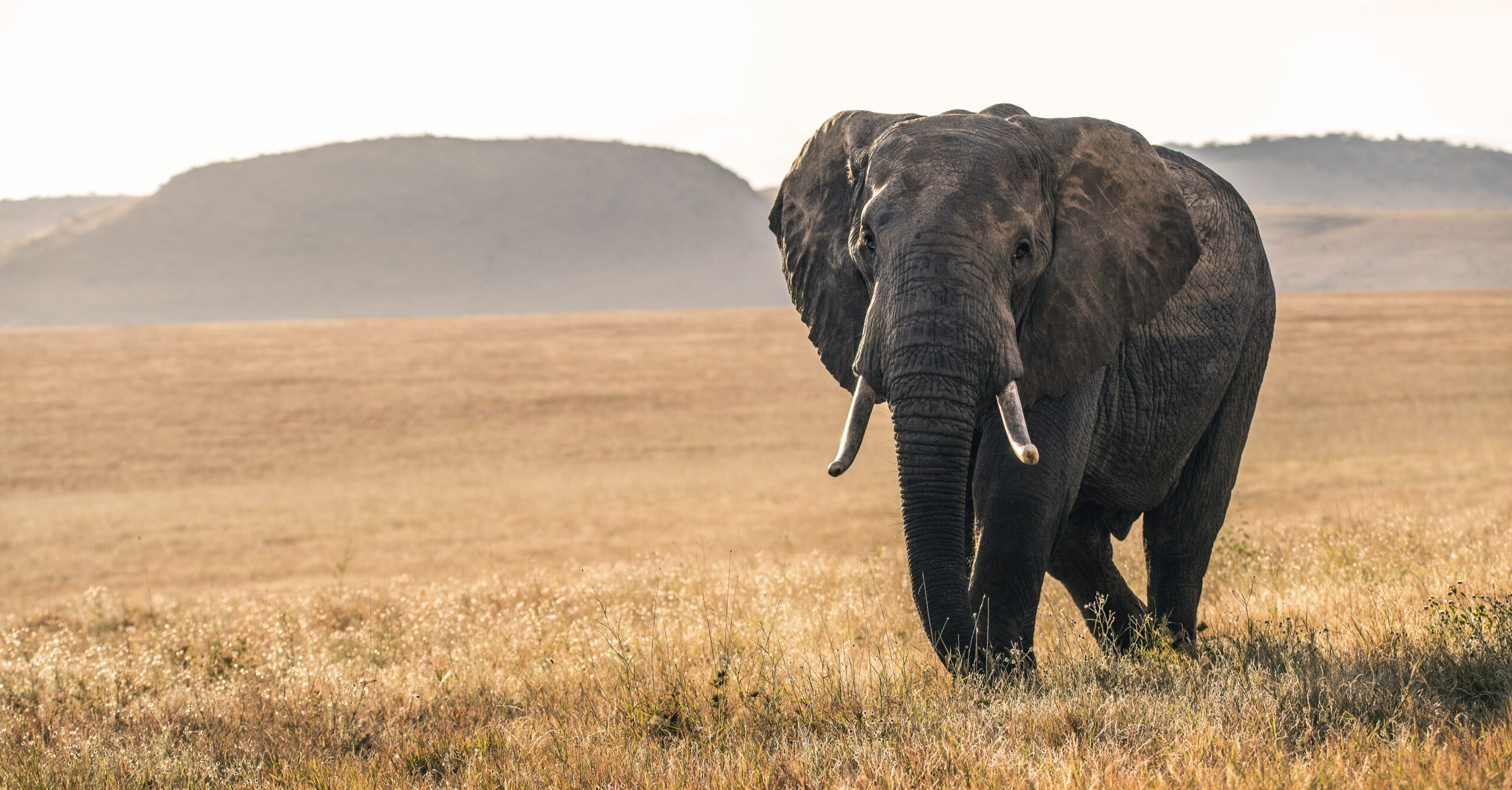When the US Department of Justice announced that Moazu Kromah was sentenced to over 5 years in prison for conspiring to traffic millions of dollars of rhino horn and elephant ivory, Prince William hailed it as ‘significant victory and a landmark case.’
Kromah had been involved in the illegal poaching of more than 35 rhinoceros and more than 100 elephants. He had previously been extradited to the US from Uganda in June 2019 to face charges in the case.
Prince William, Founder of United for Wildlife (UfW), said that the sentencing demonstrates both what is possible when a coordinated international response is brought to bear against the illegal wildlife trade, and why it is essential.
“This is a significant victory and a landmark case. For over a decade, its complexity has been skilfully met by a global alliance of international law enforcement agencies, governments, NGOs and private sector organisations, including a number of brilliant United for Wildlife partners. It is further proof that we have the tools to combat this insidious crime and is testament to the power of international collaboration. I’d like to congratulate everyone involved for their meticulous planning and determination to pursue justice. Thanks to their perseverance, hundreds of endangered animals and the communities that live alongside them have been protected, sending the strongest possible message that together we can defeat the illegal wildlife trade.”
– Prince William
U.S. District Judge Gregory H. Woods who imposed the sentence said that a significant sentence was necessary to send a ‘loud and clear message’ that such large-scale wildlife trafficking warrants serious consequences.
Kromah and two of his co-conspirators, Amara Cherif from Guinea, and Mansur Mohamed Surur, a Kenyan citizen were members of a transnational criminal enterprise based in Uganda and surrounding countries that was engaged in the large-scale trafficking and smuggling of rhinoceros horns and elephant ivory.
Between 2012 and 2019, the three men conspired to transport, distribute, sell, and smuggle at least approximately 190 kilograms of rhinoceros horns and at least approximately 10 tons of elephant ivory involving various countries in East Africa, to buyers located in the United States and countries in Southeast Asia. In total, the estimated average retail value of the rhinoceros horn involved in the conspiracy was at least approximately $3.4 million, and the estimated average retail value of the elephant ivory involved in the conspiracy was at least approximately $4 million.
The defendants exported and agreed to export the rhino horns and elephant ivory for delivery to foreign buyers, including a buyer represented to be in Manhattan. They received and deposited payments from foreign customers that were sent in the form of international wire transfers, some of which were sent through U.S. financial institutions, and paid in cash.
The judge praised the outstanding investigative work of the U.S. Fish and Wildlife Service and the U.S. Drug Enforcement Administration, and thanked law enforcement authorities and conservation partners in Uganda and Kenya for their assistance.




